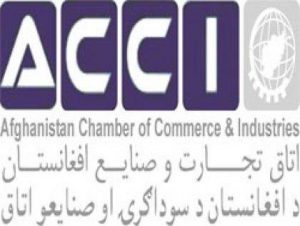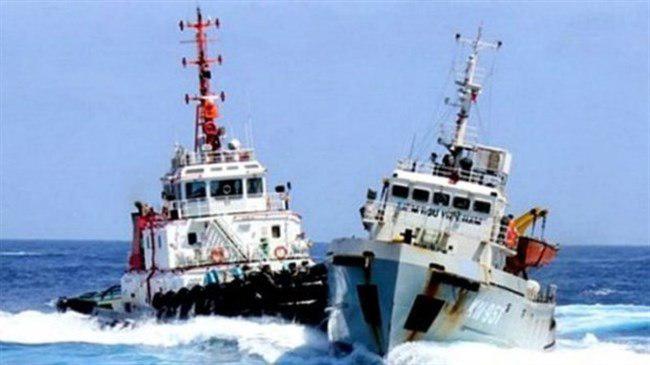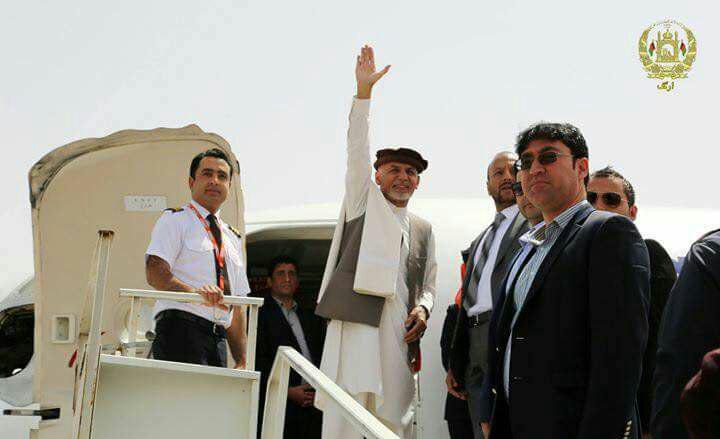fghanistan starts work on National Export Strategy
 Afghanistan today took its first steps towards the creation of a National Export Strategy (NES) that would set out its trade priorities, a statement from the International Trade Centre said on Wednesday.
Afghanistan today took its first steps towards the creation of a National Export Strategy (NES) that would set out its trade priorities, a statement from the International Trade Centre said on Wednesday.
According to (DID) news agency report, quoting from (Pajhwok), More than 100 representatives from the public and private sector are meeting in Kabul for a two-day meeting to explore challenges and opportunities for improving Afghanistan’s trade performance.
The National Export Strategy should detail a series of investments needed to unleash export growth and job creation in sectors with high trade potential, detailed five-year action plan, and an integrated implementation management framework.
Organized by the Ministry of Commerce and Industries (MOCI) and the International Trade Centre (ITC), the first consultation on Afghanistan’s National Export Strategy provided an opportunity for participants to share their views on issues such as value-chain improvements, supply capacities, competitiveness and quality management. Central to the discussions were also the entry into force of the World Trade Organization’s Trade Facilitation Agreement, which Afghanistan ratified immediately upon joining the trade body in July 2016.
A central component of the Trade for Economic Growth and Regional Cooperation a trade-related support programme to Afghanistan funded by the European Union and implemented by ITC in support of MOCI, the National Export Strategy would align with the priorities and development goals established by the Afghan government.
Afghanistan’s Minister for Commerce and Industry Humyoon Rasaw said: ‘The first NES consultation will capture a comprehensive picture of the current business environment in Afghanistan. This will assist in the development of an effective export strategy, ultimately allowing Afghanistan to expand export earnings, enhance trade competitiveness and to achieve greater economic diversification.’
ITC Executive Director Arancha Gonzalez said: ‘Entry into the WTO will make predictable and open trade possible for Afghanistan. The National Export Strategy is a good next step in making trade happen. The Strategy will provide a guiding compass for a series of strategic actions including investments, value-chain development, institutional support mechanisms, and improvement of Afghanistan’s regulatory environment.’
Franz-Michael Skjold Mellbin, Ambassador of the European Union to Afghanistan, said: ‘Moving forward the private sector development agenda must be a priority for Afghanistan if it wants to shift from aid dependency towards sustainable growth and job creation. The National Export Strategy would guide Afghanistan’s efforts to realize the potential of its exports sector as an important driver for economic growth.
Atiqullah Nusrat, Chief Executive Officer of the Afghan Chamber of Commerce and Industry (ACCI), said: ‘The development of a National Export Strategy for Afghanistan is a high priority item that is foreseen to stimulate the growth of the private sector in addition to providing a high degree of mobility and stability. This is especially relevant in the context of a landlocked environment, with a volatile economy that has stagnated and a trade balance that involves 95-5 imports-exports ratio. It is a much appreciated and timely endeavour that is fully supported by the ACCI.’
A second participatory consultation to be held in May 2017 would analyse priority sectors and support functions such as access to finance and skills development, which would form the core of the National Export Strategy.






